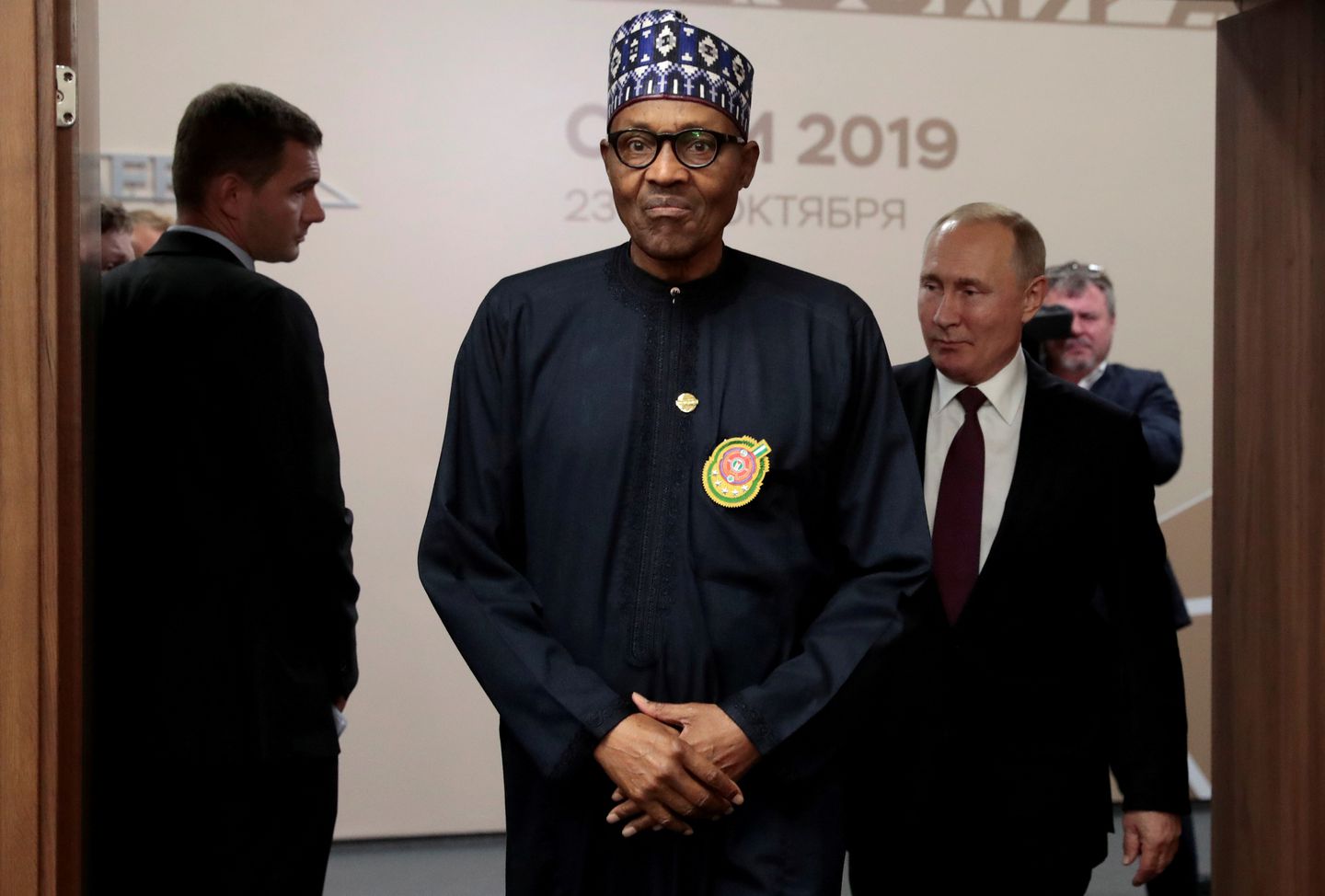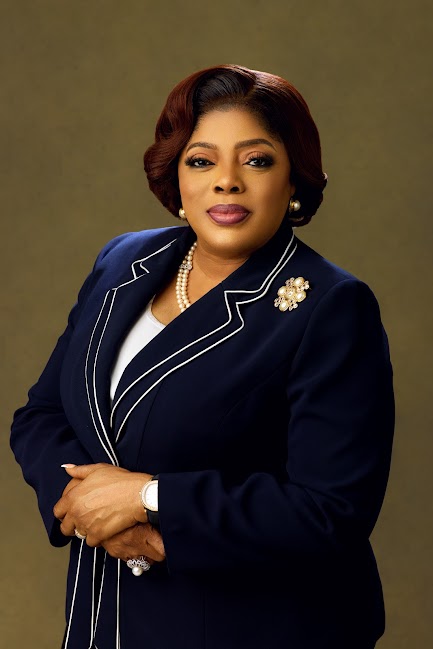Political strongmen would have you believe they’re tough as nails, but they always turn out to have very thin skin. Nigerian President Muhammadu Buhar
Political strongmen would have you believe they’re tough as nails, but they always turn out to have very thin skin. Nigerian President Muhammadu Buhari likes to call himself a ‘converted democrat.’ At least that’s what he said during his 2015 presidential run, when he was attempting to re-brand himself as a reformer after a long career built on repression.
Yet dictatorial habits have proved hard to give up. When Buhari ran for president in 2015, it was with the promise of a Nigeria free from the political repression and silencing of dissent that were hallmarks of his tenure as head of state from 1983 to 1985.
Since his reelection earlier this year, matters have only gotten worse for journalists in Nigeria. Perhaps the most outrageous case involves Omoyele Sowore, a prominent journalist and political activist who remains in prison in Abuja, the Nigerian capital — even after a judge last week ordered that he be released on bail. He is being cited, among other things, for “cyberstalking” the president — a bizarre accusation, unless you consider reporting and political commentary a form of predatory behavior. It would seem that Buhari does.
“Across the board, journalists were worried about an escalation of anti-press patterns in a possible second Buhari term,” says Jonathan Rozen, senior Africa researcher at the Committee to Protect Journalists. “Unfortunately, they’ve been proven right.”
In a Nov. 7 statement, Femi Felana, Sowore’s lawyer, said that, although bail conditions were “stringent,” his client had met them all. “But in utter contempt of the orders of Justice Ojukwu, the State Security Service has refused to release Sowore.”
Sowore, the founder of the New York-based website Sahara Reporters, is being charged with seven felony counts, including treason and the “cyberstalking” of Buhari. Whatever that means. “In Nigeria, we see repeated attacks against journalists and the use of alleged cybercrimes to silence them,” Rozen told me.
Sowore created Sahara Reporters which is devoted to political coverage of Nigeria — in 2006. His aim was to bring greater transparency to Nigerian politics. The website is credited with breaking many stories of financial corruption by the state, which is what landed Sowore behind bars this time around. In a media landscape known for being vibrant if heavily influenced by political elites, Sahara Reporters has become one of the key sources for news that exposes official wrongdoing.
Sowore came to the United States in the late 1990s. Before leaving Nigeria, he’d been detained on eight separate occasions for his political activities. After arriving here, he completed a graduate program at Columbia University.
“It is not so much a problem of freedom of speech,” Sowore told the New York Times in 2011 but freedom after speech. You can say a lot of things in Nigeria, but the question is: Will you still be a free person? Will you still be alive after you freely express yourself?”
This year he returned to run against Buhari in the election. He did not win and instead ended up in prison for being a vocal critic of the state and its policies.
“My husband is not the only journalist in this situation. It’s always the same thing. They’ve taken others for speaking out against corruption,” Opeyemi Sowore, the jailed journalist’s wife, told me. “It’s a disturbing trend when journalists and others who are trying to make the country better are silenced through detention.”
The judge in the case this month set bail at more than $550,000, with additional conditions, barring Omoyele Sowore from speaking to the press, participating in rallies at other political events and barring him from leaving the capital, Abuja.
Sowore was originally set to be released last Wednesday, but his website reported that agents of Nigeria’s secret police blocked court bailiffs from following through on the judge’s order.
His wife and their two children, a 12-year-old daughter and 10-year-old son, who live in the New York area and are all U.S.-born citizens, have not heard from the journalist since August when Opeyemi Sowore did a radio interview here in the United States.
All indications are that Sowore has been held in solitary confinement during the entire period of his detention, which has now passed the three-month mark.
“Since the State Security Service is not above the law of the land, we shall embark on appropriate legal measures to ensure compliance with the court orders,” Falana said.
Nigerian authorities should immediately release Sowore.
Jason Rezain is a global opinion writer


